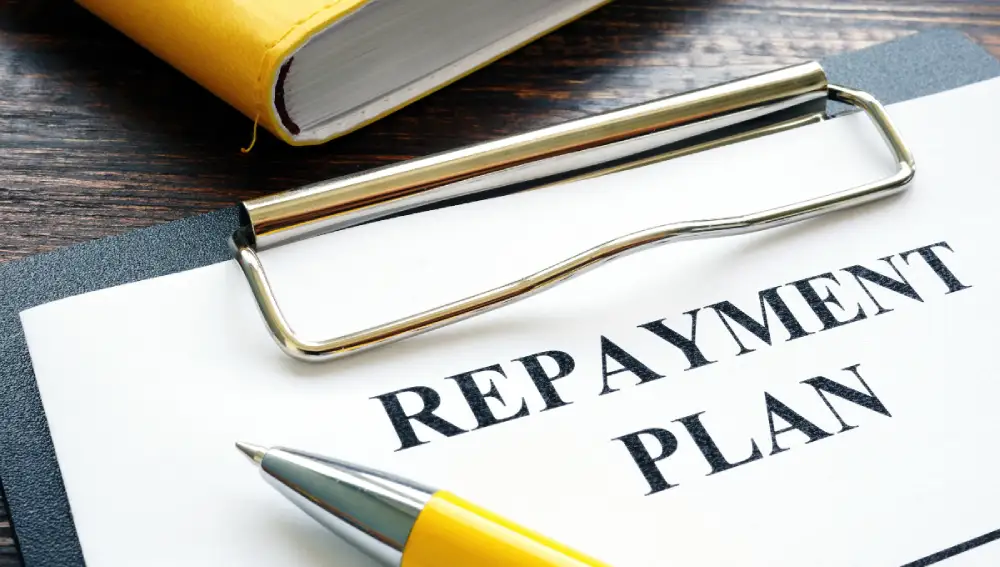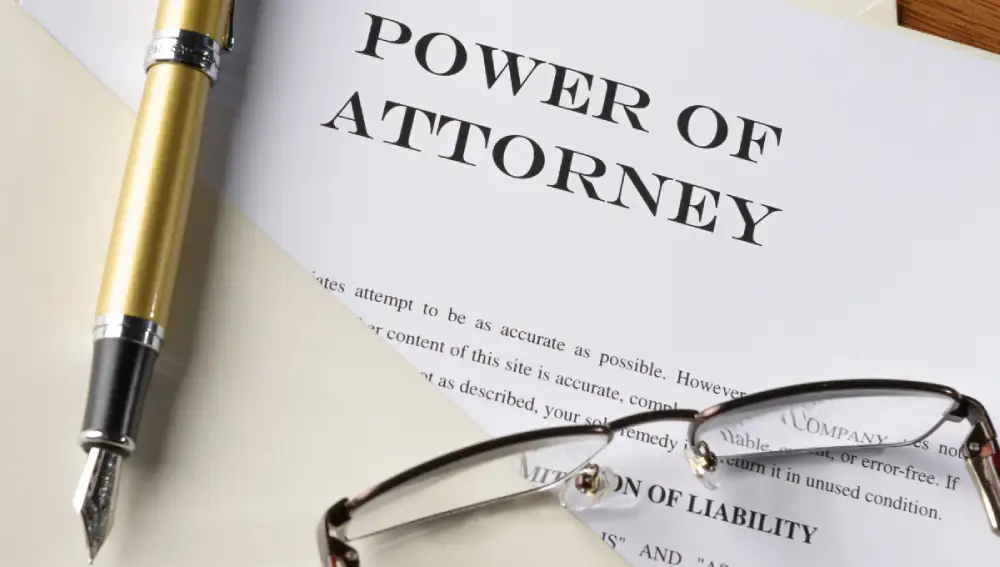Getting a home loan takes time and involves dealing with legal papers like a Power of Attorney (POA). This will show how to get a home loan with a POA and what papers you need. It will also talk about the legal steps for selling a home.
Documentation Required for Obtaining a Home Loan on POA
A Power of Attorney (POA): It grants powers to an individual to fulfill the obligations of the borrower.
Identity Proof: It includes a passport, driver’s license, and voter ID.
Address Proof: It could be any letter or document that proves the borrower lives at the given address. For example, a utility bill, lease, or bank statement.
Income Proof: The proof must show that the borrower has regular income. This will enable him to repay the loan. It can include pay slips, tax returns, and bank statements.
Property Documents: Other relevant papers will likely relate to the Attorney’s property. They include the title deed, property registration certificate, and property tax receipts.
Procedure for Obtaining a Loan with POA
Obtaining a home loan using a power of attorney has a specific procedure.
1. Application Submission:
One of the loan application’s documents is the borrower’s power of attorney.
2. Verification:
Once you submit the application and documents, your lender will review them.
3. Appraisal:
The lender figures out how much the property is worth so they can use it as a promise for a loan.
4. Loan Approval:
After loan verification, your lender will approve your loan request.
5. Loan Disbursement:
After loan approval, the lender will disburse the loan amount into your bank account.
Legal Compliance and Regulations

Valid Documentation:
- Make sure to register and notarize the Power of Attorney.
- The Power of Attorney clearly delegates home loan acquisition and management authority.
Legal Capacity:
- Confirm that the principal (the person granting the PoA) has the legal capacity to execute a PoA.
- Verify the agent’s legal capacity to represent the principal’s interests.
Jurisdictional Requirements:
- Follow local and national laws about Power of Attorney and home loans.
- Check if some places require more documents for powers of attorney. These powers of attorney are for financial transactions.
Bank Policies:
- Verify that the lending institution recognises and accepts PoA for home loans.
- Follow the bank’s protocol for submitting and validating PoA documents.
Risk Mitigation and Due Diligence
Verification of Authority:
- Thoroughly verify the authenticity and scope of the PoA.
- Ensure the PoA is not revoked or expired.
Identity Verification:
- Confirm the identities of both the principal and the agent.
- Conduct background checks if necessary.
Clear Communication:
- Maintain clear and documented communication with the principal and agent.
- Ensure both parties are aware of their responsibilities and the terms of the loan.
Legal Review:
- Having the Power of Attorney (PoA) and related documents reviewed by a lawyer is crucial. This ensures that everything follows the law and best practices. It brings peace of mind and prevents future problems.
Financial Assessment:
- When you want to borrow money for a house using Power of Attorney, check if the borrower and the helper can pay it back. This way, you can make sure the loan is taken care of and paid easily.
Loan Repayment and Obligations

Repayment Terms:
- Specify repayment terms, rates, and consequences of missed deadlines.
- Make sure the agent understands the repayment terms. They will agree to them on behalf of the principal.
Monitoring Payments:
- Track loan repayments closely to guarantee on-schedule payments.
- Establish automated payment reminders or systems to avoid defaults.
Communication of Obligations:
- Make sure the principal and agent know the loan obligations. They should also know the consequences of not following them.
- Provide detailed documentation outlining the repayment obligations and any associated penalties.
Account Management:
- Maintain accurate records of all payments made towards the loan.
- Provide regular account statements to both the principal and the agent.
Legal Considerations and Precautions
- When obtaining a home loan with a POA, it’s crucial to consider the legal implications. You must take necessary precautions.
- Make the POA a formal, enforceable contract. It also must comply with the laws of the state in which the property is situated.
- Verify the borrower’s identity. The lender has to prove the borrower’s identity so the loan goes to the right person.
- Conduct thorough checks. These require the lender to do credit checks on the borrower.
Alternatives for Obtaining a Loan
If a borrower is unable to get a loan using a POA, there are alternative options available:
- The borrower can get a joint mortgage with another person. This can be a co-applicant or co-borrower.
- A borrower can pledge the security of a guarantor. The guarantor handles repaying the borrowed amount if the borrower fails to do so.
Conclusion:
Thus, after following this guide, clients will be aware of the POA process to obtain a home loan. They can then complete the transaction successfully. It is crucial to ensure the POA is valid and follows the law. This is to avoid breaking the law. It also includes checks on the borrower’s credit, income, and property documents.
FAQs
A Power of Attorney (POA) allows someone to act on your behalf in loan matters if you’re unable to. It grants legal authority to make decisions and sign documents.
To get the loan, the borrower must provide the right documents. They must also meet the loan’s requirements.

